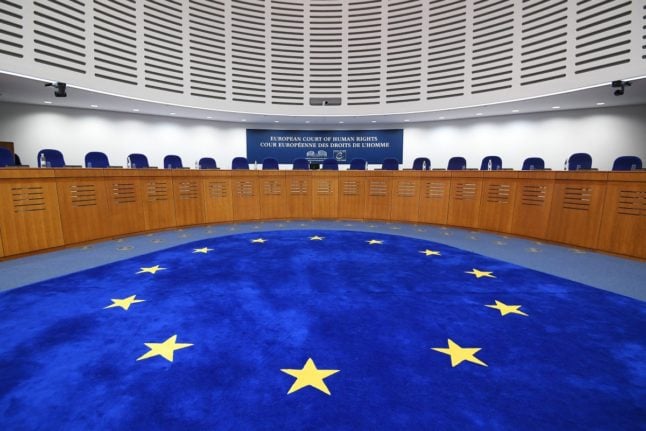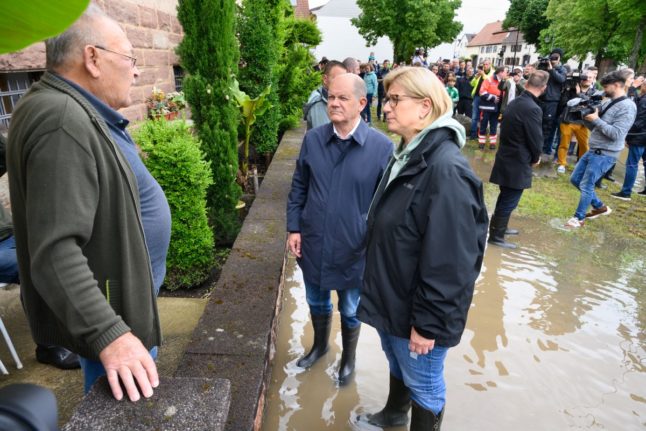The European Court of Human Rights, part of the 46-member Council of Europe, will rule on whether governments’ climate change policies are violating the European Convention on Human Rights, which it oversees.
All three cases accuse European governments of inaction or insufficient action in their measures against global warming.
In a sign of the importance of the issue, the cases have all been treated as priority by the Grand Chamber of the ECHR, the court’s top instance, whose 17 judges can set a potentially crucial legal precedent.
It will be the first time the court has issued a ruling on climate change.
While several European states, including France, have already been condemned by domestic courts for not fulfilling commitments against global warming, the ECHR could go further and make clear new fundamental rights.
The challenge lies in ensuring “the recognition of an individual and collective right to a climate that is as stable as possible, which would constitute an important legal innovation”, said lawyer and former French environment minister Corinne Lepage, who is defending one of the cases.
‘Turning point’
The court’s position “may mark a turning point in the global struggle for a liveable future,” said lawyer Gerry Liston, of the NGO Global Legal Action Network (GLAN).
“A victory in any of the three cases could constitute the most significant legal development on climate change for Europe since the signing of the Paris 2015 Agreement” that set new targets for governments to reduce emissions, he said.
Even if the Convention does not contain any explicit provision relating to the environment, the Court has already ruled based on Article 8 of the Convention — the right to respect for private and family life — an obligation of States to maintain a “healthy environment”, in cases relating to waste management or industrial activities.
Of the three cases which will be decided on Tuesday, the first is brought by the Swiss association of Elders for Climate Protection — 2,500 women aged 73 on average — and four of its members who have also put forward individual complaints.
They complain about “failings of the Swiss authorities” in terms of climate protection, which “would seriously harm their state of health”.
Damien Careme, former mayor of the northern French coastal town of Grande-Synthe, in his case attacks the “deficiencies” of the French state, arguing they pose a risk of his town being submerged under the North Sea.
In 2019, he already filed a case at France’s Council of State — its highest administrative court — alleging “climate inaction” on the part of France.
The court ruled in favour of the municipality in July 2021, but rejected a case he’d brought in his own name, leading Careme to take it to the ECHR.
‘For benefit of all’
The third case was brought by a group of six Portuguese, aged 12 to 24, inspired to act after fires ravaged their country in 2017.
Their case is not only against Portugal, but also 31 other states (every EU country, plus Norway, Switzerland, Turkey, the United Kingdom and Russia).
Almost all European countries belong to the Council of Europe, not just EU members.
Russian was expelled from the COE after its invasion of Ukraine but cases against Moscow are still heard at the court.
The ECHR hears cases only when all domestic appeals have been exhausted. Its rulings are binding, although there have been problems with compliance of certain states such as Turkey.
The three cases rely primarily on articles in the Convention that protect the “right to life” and the “right to respect for private life”.
However, the Court will only issue a precedent-setting verdict if it determines that these cases have exhausted all remedies at the national level.
The accused states tried to demonstrate this is not the case during two hearings held in 2023.



 Please whitelist us to continue reading.
Please whitelist us to continue reading.
Member comments